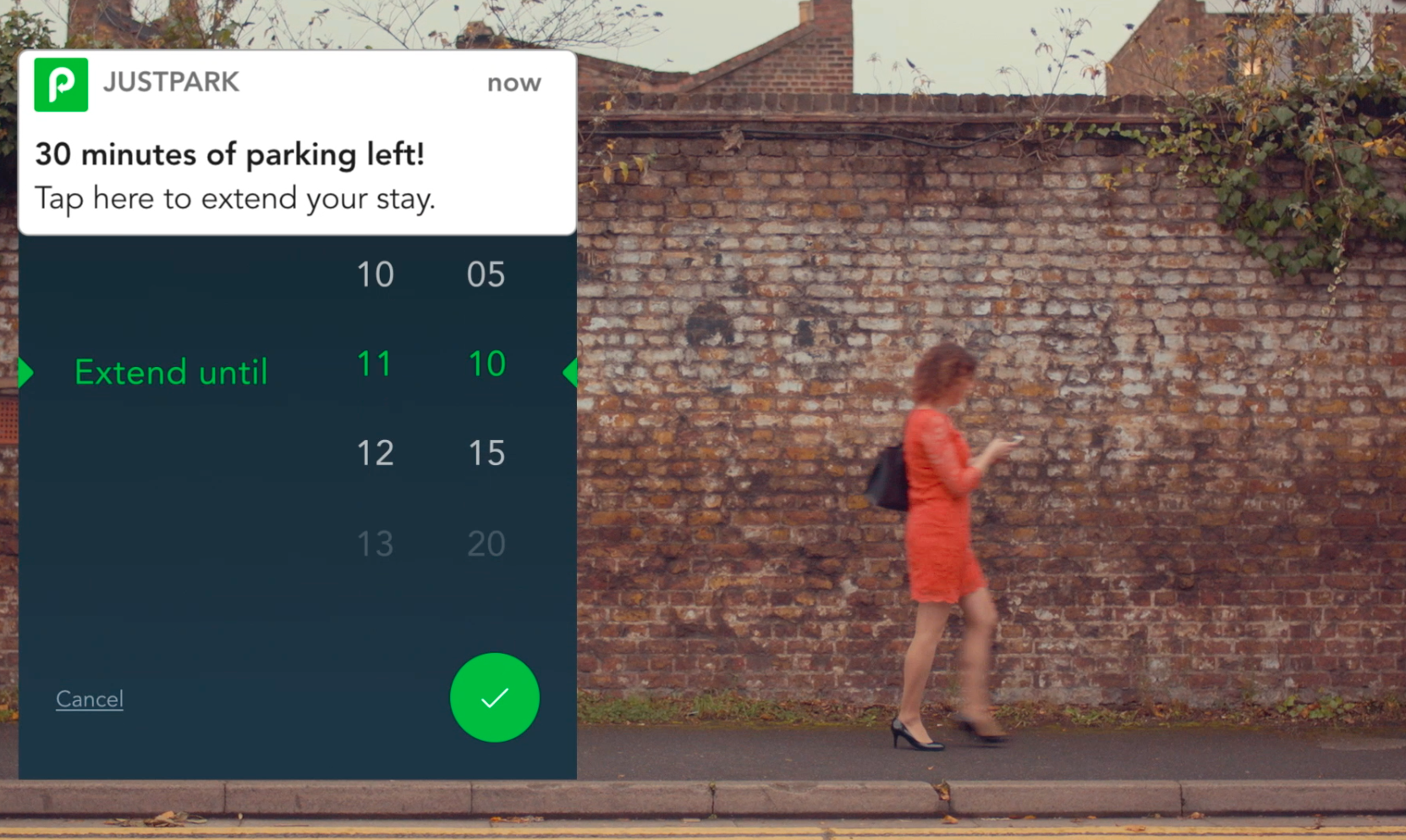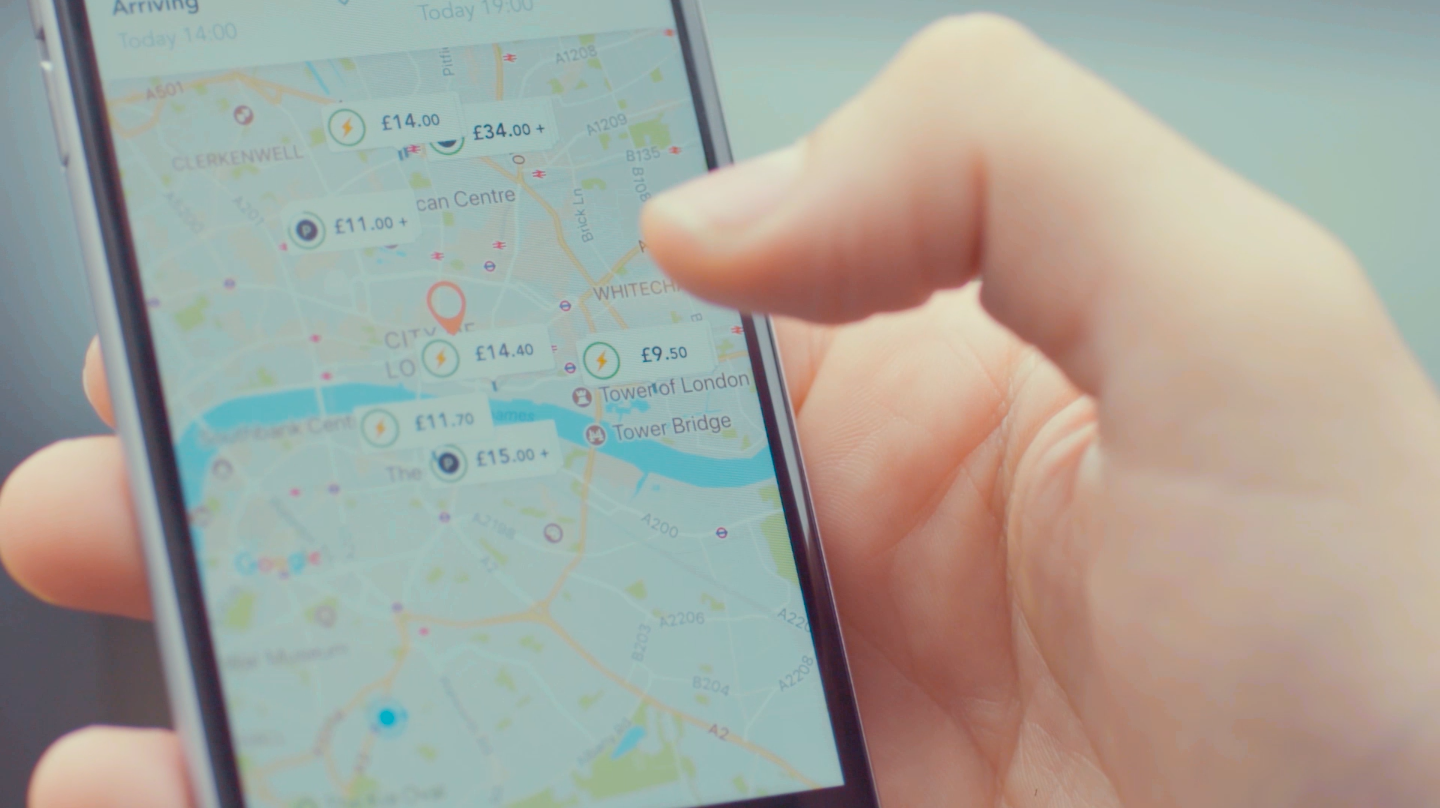It’s difficult to read anything these days without encountering the concept of ‘Smart Cities’. This global agenda for increased urban efficiency is shaping policy in transport, energy, healthcare, and almost every other sector - with digital technology as its driving force.
Transport is an area where Smart Cities tech will, and is beginning to, have a big impact.
However, the general consensus is that we are still a long way off from everyone hopping in and out of driverless cars - and many similar discussions around possible future revolutions in transport remain relatively theoretical, or at least in their early stages, for the time being.
So in terms of immediate opportunities to make transport systems ‘smarter’, where should local authorities be focussing their efforts?
Parking is one area which has so far suffered from a serious lack of innovation, yet it is vital for any city - a critical ingredient in effective mobility, a key interface between local authorities and constituents, and a huge source of data which can inform traffic and transport policy. Plus, it can be totally transformed with the technology that we all already have in our pockets.
Why painful parking is painful for cities.
When it isn’t managed effectively, parking can have a highly negative impact. Putting aside external pressures to keep up with the Smart Cities agenda, parking brings its own unique set of age-old problems - which can limit mobility, waste resources and create discontent.
To start with, it can be nigh on impossible to find a space - so much so that nearly a third of urban congestion can be caused by cars searching for parking. Aside from increasing traffic and emissions, this makes parking stressful, frustrating and a big source of lost productivity.
According to research by the British Parking Association, the average driver wastes 4 days a year searching for a spot - which, on a national scale, equates to millions of hours wasted. This problem can also lead to unmade journeys, and a decline in local commercial activity.
Paying for parking can be just as painful. Over half of all payments in the UK are now made using non-cash methods - but parking has struggled to adapt to these changing preferences, with cashless systems yet to gain real favour with motorists.
The AA found that over two-thirds of drivers avoid parking bays which require payment via mobile. That’s no surprise, as it can take as long as 5 minutes with some providers, and they often add ‘convenience’ fees on top of the normal price. But cash also poses all sorts of problems for councils and operators - not least collection costs, losses and theft.
Parking Pain Points
• 61% of drivers say finding a parking space is a problem
• 30% of congestion is caused by cars looking for parking
• 4 days per year the average driver wastes searching for a space
• 70% of drivers avoid bays that require payment via mobile
• But only 17% actually like paying for their parking with cash
How do we solve The Parking Problem?
The key to creating a genuinely useful parking service is to listen to what people want. At JustPark, this is our philosophy - to put the driver first, and ensure we are addressing their needs. For example, a survey we ran showed that only 17% of drivers actually like using cash to pay for parking - and 90% would pay via app if it was easy and cost the same. Insights like this have been crucial in helping us shape our products to solve the key problems effectively - whilst being as quick, reliable and user-friendly as possible.
Finding a parking space is the chief pain point - with over 61% of drivers citing uncertainty of availability as a problem. To alleviate this, the JustPark app uses machine-learning algorithms to predict availability for future trips - right down to the individual bay. Not only does this remove stress for drivers, but it also reduces congestion (by up to 30%) and enables smarter management of space. Armed with accurate demand forecasts, operators can divert cars into less congested areas, to fill emptier car parks and keep traffic flowing.
Apps also radically reduce payment times - providing they are straightforward and easy to use. With JustPark, drivers can register using their Google or Facebook accounts - bringing sign-up time down considerably from the average of 2 minutes - and pay via Paypal One Touch, Apple Pay and Android Pay, which allows the whole process to be completed in under 30 seconds. Speed makes a big difference to the driver experience - meaning happier residents and visitors, higher cashless uptake, and consequently lower running costs.
Apps also offer a valuable channel of communication with customers, allowing notifications to be sent and drivers to extend their parking remotely - a big bonus for building trust and improving public perceptions of the service. JustPark even uses GPS to track users’ locations (with permission) to notify them when they need to start walking back to their car. Both this feature and our payments service are offered free of any extra charges, which incentivises their use and encourages a better relationship between driver and operator.
 Smarter parking for today’s cities.
Smarter parking for today’s cities.
By tackling parking as this 3-stage, end-to-end journey for drivers - using cheap and readily-available mobile technology - we can remove the vast majority of friction for them. This not only makes constituents and visitors feel more positive about parking as a public service, but it also has huge benefits for cities as a whole - significantly easing congestion, encouraging people back to high streets and town centres, and increasing productivity by saving drivers buckets of time. Plus going cashless reduces costs for councils: it’s a win-win.
Unlike other Smart Cities projects, this ‘future’ version of parking could be a reality in every city tomorrow - but the technology and approach needs to be right. As an industry, parking should be incentivising drivers to use cashless options, rather than putting them off - and listening to what they want, and then tailoring our services to their needs. Using these principles, we can create products that make parking, and car journeys, effortless for everyone.
Anthony Eskinazi - Founder & CEO, JustPark
To find out more about JustPark’s cashless parking payment and data services, please get in touch at cashless@justpark.com













